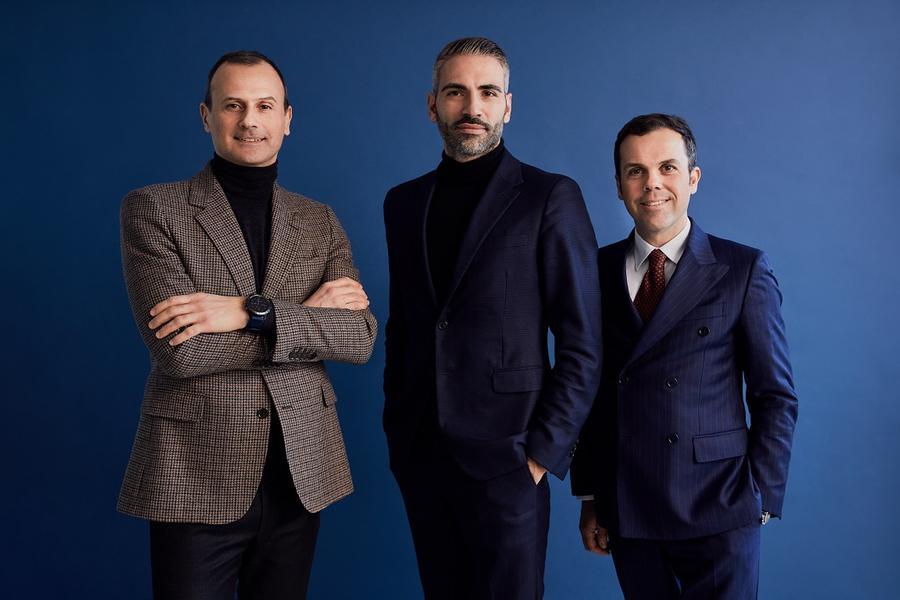Israel’s financial regulator grants first ‘crypto’ license to local firm
Israel’s Capital Markets, Insurance and Savings Authority (CMISA) has granted the first permanent license to Hybrid Bridge Holdings Ltd to conduct digital asset activities in the country. According to financial news Globes, the approval shows the regulator’s determination to stimulate the country’s virtual asset industry.
While it is unclear what type of digital asset business Hybrid Bridge will be engaged in, insiders said the company is building infrastructure to link fiat currencies in bank accounts that have undergone Know Your Customer (KYC) and Anti-Money Laundering (AML) regulations with virtual currencies. The ambitious venture is expected to simplify the trading process for new investors in the area.
Globes noted that in the coming days several firms will also be granted a permanent license by the Moshe Barkat-led institution. The companies are subjected to strict controls to prevent unqualified service providers from operating in the ecosystem.
“As part of the licensing procedure, the Norwegian Capital Markets Authority examines the full range of consumer risks, with an emphasis on four main risks: money laundering and terrorist financing risks, technological risks, operational risks and securing customers’ assets,” Globes reported.
Hybrid Bridge Holdings was founded in 2021 and has previously obtained an active license as a financial operator in the country. Mohik Teumim, Har-Tov Ido and Gitam BDO own a large part of the company’s shares.
Rough update for operators in Israel
Service providers of digital assets have undergone a turbulent period with the country’s regulators. In February, the Capital Markets Authority, which is charged with issuing licenses for operators in Israel, opened an investigation into the operations of Binance Exchange.
The review of the facts led to the suspension of all Binance’s activities in the country, and the exchange went so far as to remove support for Hebrew and local currencies.
“Following the intervention of the capital markets, Binance has at this stage stopped marketing to Israelis until and all activities focused on Israel until we investigate the issue of licensing,” the Capital Markets Authority said.
As it tries to solve the problem of virtual currency providers, Israeli regulators are also exploring the possibilities of a central bank digital currency (CBDC). Creating a digital shekel is moving forward with results from a Bank of Israel survey showing significant interest among respondents.
The Bank of Israel plans to adopt a two-tiered approach to developing a CBDC with private sector actors acting as intermediaries with the public while the banking regulator interfaces with commercial banks. The proposed digital shekel would be issued on a distributed ledger to promote financial inclusion and transparency and prevent “encryption” of the economy.
See: The presentation of the BSV Global Blockchain Convention, CBDCs and BSV
width=”562″ height=”315″ frameborder=”0″ allowfullscreen=”allowfullscreen”>
New to Bitcoin? Check out CoinGeeks Bitcoin for beginners section, the ultimate resource guide for learning more about Bitcoin – as originally envisioned by Satoshi Nakamoto – and blockchain.


